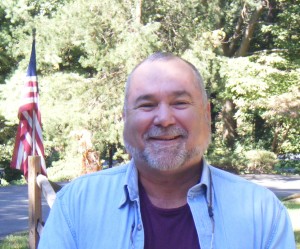Reflections for Consideration
This short paper offers some “grist for the mill” as we consider together what regional resilience could mean for New England.
Download this document as a PDF.
New England has a long tradition of radical communitarian culture. The colonists came here as congregations or communities rather than as individuals. Communities banded together into state parliaments here and laid the groundwork for the American Revolution. The region has a tradition of social change, moral crusades and entrepreneurial invention which provides its unique character. It is no wonder that today New England is home to many thriving grassroots Transition and resilience groups. Our region has already organized three region-wide gatherings to share stories, lessons, inspiration and more, bringing together over 200 people from 50 communities and all six New England states.
While Transition and other grassroots groups focus on the vital task of local resiliency, it is becoming clear to many of us that the demands of our time, and the transition now unfolding, also require us to think regionally. What follows is an attempt to sketch out a rationale for thinking at a regional scale — as opposed to only the local, national, and global ones we are more accustomed to.
This document is offered in the spirit of provoking reflection and as a springboard for further discussion. We hope it sets the stage for a deeper dive into the ideas of regional resilience. We also hope it serves as an invitation for us all to collectively imagine the kind of region where we, our children, and our grandchildren, can grow and thrive.
Continue reading “Transition Network Concept Paper: Region-Wide Resilience in New England”




